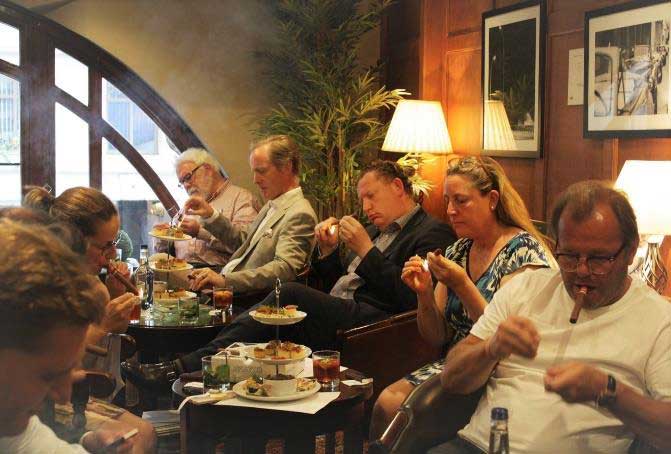 The smoking ban has decimated England’s pubs and hurt local communities, according to a report published today by the smokers’ group Forest.
The smoking ban has decimated England’s pubs and hurt local communities, according to a report published today by the smokers’ group Forest.
New figures obtained by Forest are said to show there are now 11,383 fewer pubs in England than there were in 2006, a decline of 20.7 percent since the smoking ban was introduced on July 1, 2007.
While the fall in the number of pubs is part of a long-term trend and is not solely down to the smoking ban, the report found there was a clear acceleration in pub closures after the ban was enforced, with pubs in poorer urban areas suffering most.
According to the report, Road to Ruin? The impact of the smoking ban on pubs and personal choice, many communities have lost important meeting places and social hubs. At a time when the dangers of social isolation and loneliness have been increasingly recognised, the smoking ban has affected local communities and many individuals who now smoke and drink at home.
“The smoking ban has been a kick in the teeth for the traditional British boozer, especially in our urban inner cities,” said the report’s author, Rob Lyons. “Ten years on from the introduction of this damaging policy the government should order a full review of the impact of the legislation and consider alternatives to the current comprehensive ban.”
Meanwhile, Simon Clark, director of Forest, said there was very little evidence that the health of the nation had benefitted significantly from the smoking ban. Instead thousands of pubs had closed and choice had been sacrificed on the altar of tobacco control.
“Allowing separate well-ventilated smoking rooms or relaxing the unnecessarily strict regulations on outdoor smoking areas would reignite freedom of choice and give publicans greater control over their business,” Clark said.
“Proposals to extend the smoking ban to outdoor areas including beer gardens will be fiercely resisted. Smoking is a legitimate activity and pubs must be allowed to accommodate adults who choose to smoke.”
The report can be downloaded at: forestonline.org.











